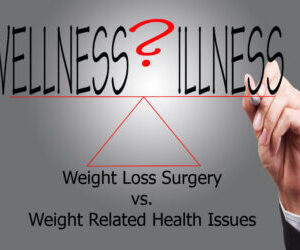Is it belly fat or is it belly bloat? The answer can help you with your exercise decisions, dictate your diet, and affect the way you feel about yourself.
If it’s belly fat, you’re probably going to want to ramp up your workouts, dial back the amount of fatty foods you’re eating and find a way to keep your head up and battle back. If it’s bloat, well, at least you know you haven’t done anything to sabotage your weight-loss efforts.

So how do you know if your bulging belly is caused by fat or bloat? You will need to answer these questions:
Is your belly swollen and as tight as a fully inflated balloon?
If the answer is yes, you’re probably suffering from bloat. Belly bloat commonly causes your stomach to increase in size throughout the day. So if it’s hard like a balloon, it’s a good bet you’ve got bloat.
Did your stomach increase in size quickly?
Again, if the answer is yes, it’s likely just a bad case of bloating. Fat doesn’t form around your belly quickly–it takes time to consume the amount of excess calories it takes to increase the size of your belly due to increased fat. If your stomach increased in size quickly, it is probably caused by bloat.
Are you currently suffering from gas?
If the answer is yes, you have bloat. The number one cause of bloat is excess gas in your stomach, and excess gas can be caused by a lot of factors. If you chew a lot of gum, for example, you probably take in a lot of extra air, which can lead to gas, which can lead to bloat. Foods with high fat content can also cause excess gas. Another cause of excess gas is gastrointestinal disorders. If you experience any of these, you probably have bloat and not stomach fat.
Of course, it’s possible to suffer from both belly fat and belly bloat. But if you’ve taken steps to shrink the size of your belly, you can rest assured that the bloat will go away. Contact BeLite Weight to learn more about options to make your bulging belly smaller.





